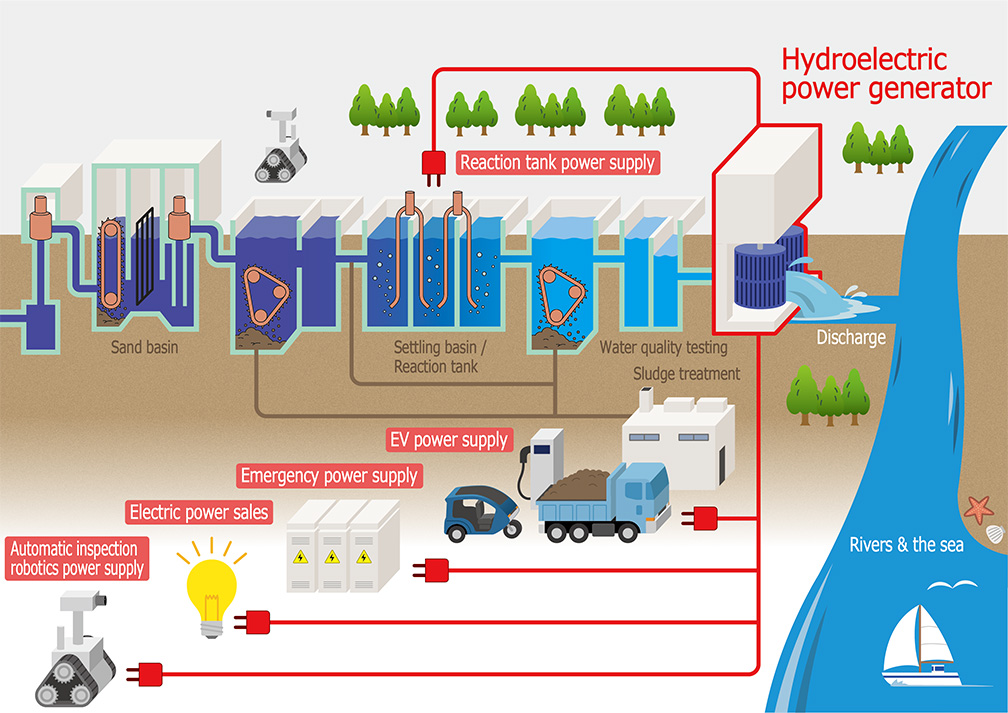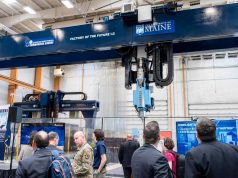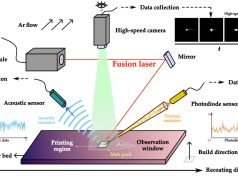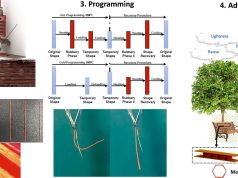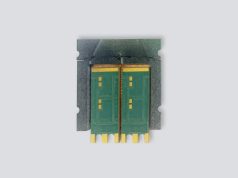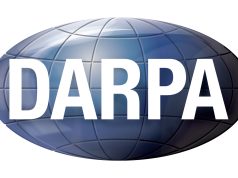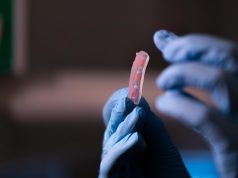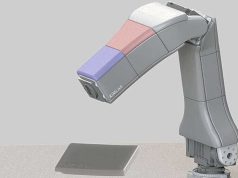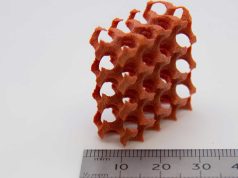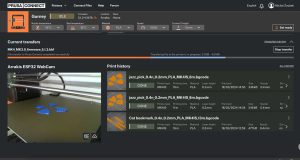Ricoh announced that it has conducted a study on micro-hydroelectric power generation in wastewater plants using 3D printers as part of applied research in the wastewater sector led by Japan’s Ministry of Land, Infrastructure, Transport and Tourism (MLIT).
The in-house startup WEeeT-CAM, established as part of Ricoh’s TRIBUS initiative, participated in the study and collaborated with Seabell Incorporated and the Masashi YAMABE – Masahiro SETO Laboratory of the Kanazawa Institute of Technology.
The study generated several kW of electricity, with lighter and faster produced devices than conventional hydroelectric power plants. In the future, the electricity generated will be used in emergency power supply systems and automatic inspection robots. Ricoh is also looking at introducing this technology in Europe, the U.S. and emerging markets.
Wastewater treatment requires significant amounts of electrical energy, resulting in high costs. Some wastewater treatment plants use micro-hydro generators, but conventional equipment has problems such as low turbine efficiency, high purchase and installation costs, and strain on personnel.
As part of applied research supported by the MLIT, Ricoh began a study in March 2022 to solve these problems and promote green innovation in wastewater systems.
Find out more about Ricoh Ricoh at ricoh.com.
Subscribe to our Newsletter
3DPResso is a weekly newsletter that links to the most exciting global stories from the 3D printing and additive manufacturing industry.



